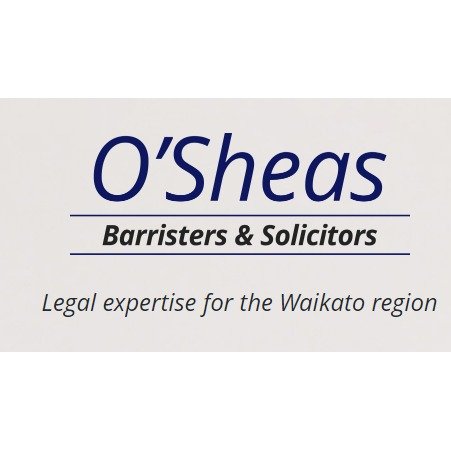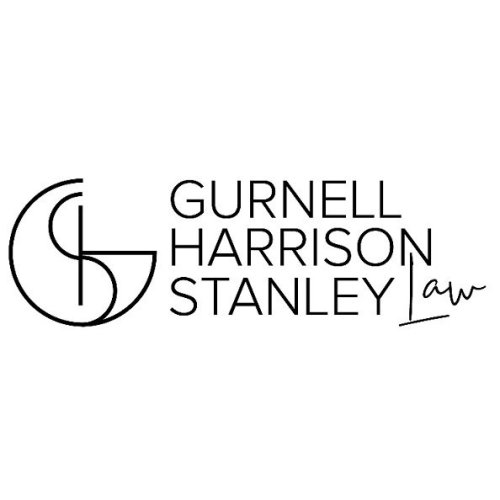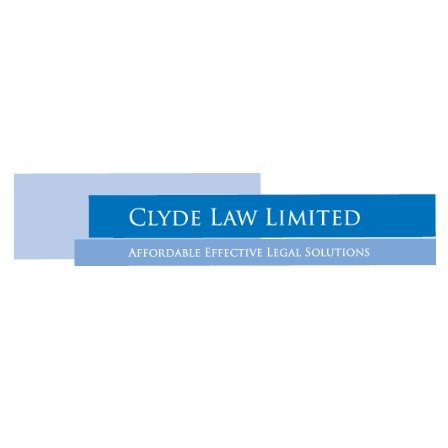Best Antitrust Litigation Lawyers in Hamilton
Share your needs with us, get contacted by law firms.
Free. Takes 2 min.
List of the best lawyers in Hamilton, New Zealand
About Antitrust Litigation Law in Hamilton, New Zealand
Antitrust litigation in Hamilton, New Zealand focuses on ensuring fair competition and regulating business practices that could harm market dynamics. The core purpose of antitrust laws in New Zealand is to prevent anti-competitive conduct such as price fixing, cartels, or abuse of market dominance. In Hamilton, as with the rest of the country, these laws are primarily governed by the Commerce Act 1986. Antitrust litigation can involve both civil proceedings and criminal enforcement, addressing issues where businesses or individuals might have breached competition rules. Whether you are a business owner, a consumer, or someone affected by unfair business practices, understanding the local approach to antitrust matters is essential for protecting your rights and interests.
Why You May Need a Lawyer
You may need a lawyer skilled in antitrust litigation for several reasons in Hamilton. Businesses accused of engaging in anti-competitive practices often require legal representation to defend their actions in court or before regulatory authorities. Similarly, if you believe a competitor is violating competition laws and harming your business, a lawyer can help you gather evidence and pursue formal action. Consumers or groups raising class actions due to price fixing or market manipulation might also need legal support to navigate the complexity of antitrust proceedings. Lawyers provide crucial guidance on compliance, help mitigate penalties, and represent your interests in negotiations or trials. Given the complexity and high stakes typically involved in antitrust cases, having an experienced legal advisor is invaluable.
Local Laws Overview
Antitrust litigation in Hamilton is governed by the Commerce Act 1986, which prohibits restrictive trade practices, price fixing, and misuse of market power. The Commerce Commission is the primary regulator responsible for investigating and enforcing competition law. The Act covers both deliberate collusion between businesses and conduct that unintentionally restricts competition. Penalties for breaches can be significant, including heavy fines and, for some breaches, potential criminal liability. Exemptions may apply in certain circumstances, such as collective bargaining by small businesses, but these are strictly regulated. The law also provides for private actions, allowing individuals and businesses to seek compensation through the courts if they have suffered loss due to anti-competitive practices.
Frequently Asked Questions
What is antitrust litigation?
Antitrust litigation refers to legal actions concerning alleged violations of competition laws, such as price fixing, collusion, or abuse of market dominance. These cases are brought to ensure fair competition in the market.
Who enforces antitrust laws in Hamilton?
The Commerce Commission is responsible for investigating and enforcing antitrust laws throughout New Zealand, including Hamilton.
What are common types of anti-competitive behavior?
Common types include price fixing, bid rigging, forming cartels, abuse of market power, exclusive dealing, and resale price maintenance.
Can individuals or businesses bring antitrust claims?
Yes, individuals and businesses affected by anti-competitive behavior can bring claims for damages through the courts under the Commerce Act.
What penalties can result from antitrust violations?
Penalties can include substantial fines for both individuals and businesses, compensation orders, and, in some cases, criminal prosecution and imprisonment.
How do I know if my business needs to comply with antitrust laws?
Most businesses operating in New Zealand must comply with competition laws, regardless of size. If your business interacts with competitors, suppliers, or customers, you are likely subject to these regulations.
What should I do if I suspect a competitor is violating antitrust laws?
You should document any evidence of suspected anti-competitive behavior and seek advice from a lawyer or contact the Commerce Commission for guidance.
Are exemptions ever granted under competition law?
There are limited exemptions, such as certain collective bargaining arrangements for small businesses and some authorisations granted by the Commerce Commission in the public interest.
How long do antitrust cases typically take?
Antitrust litigation can be complex and may take several months to years to resolve, depending on the nature of the case and whether it proceeds to trial.
Do I need a lawyer for an antitrust investigation or claim?
Given the complexity of antitrust laws and the potential financial and reputational risks, it is highly recommended to engage a lawyer experienced in competition law if you are under investigation or wish to file a claim.
Additional Resources
For those seeking information or support regarding antitrust litigation in Hamilton, consider the following resources:
- Commerce Commission - The government body overseeing competition law.
- New Zealand Law Society - Provides guidance and referrals to specialist lawyers.
- Community Law Centres - Offers free legal advice for qualifying individuals.
- Hamilton District Court - Handles litigation, including civil antitrust cases.
- BusinessNZ - Advocacy and resources for local businesses, including compliance support.
Next Steps
If you are facing an antitrust issue or believe you have a claim, it is important to act promptly. Begin by documenting any relevant evidence and writing a clear summary of the situation. Contact a lawyer who specialises in competition law to discuss your case, assess your options, and develop a strategy. If you need financial support, consider reaching out to community legal services. Remember to keep communication confidential and avoid discussing sensitive issues with competitors or others who may be involved. Starting the process early helps ensure the best chance of a positive resolution in antitrust litigation.
Lawzana helps you find the best lawyers and law firms in Hamilton through a curated and pre-screened list of qualified legal professionals. Our platform offers rankings and detailed profiles of attorneys and law firms, allowing you to compare based on practice areas, including Antitrust Litigation, experience, and client feedback.
Each profile includes a description of the firm's areas of practice, client reviews, team members and partners, year of establishment, spoken languages, office locations, contact information, social media presence, and any published articles or resources. Most firms on our platform speak English and are experienced in both local and international legal matters.
Get a quote from top-rated law firms in Hamilton, New Zealand — quickly, securely, and without unnecessary hassle.
Disclaimer:
The information provided on this page is for general informational purposes only and does not constitute legal advice. While we strive to ensure the accuracy and relevance of the content, legal information may change over time, and interpretations of the law can vary. You should always consult with a qualified legal professional for advice specific to your situation.
We disclaim all liability for actions taken or not taken based on the content of this page. If you believe any information is incorrect or outdated, please contact us, and we will review and update it where appropriate.

















